EA's $50 Billion Buyout Bid Sparks Industry-Wide Fears of Consolidation and Uncertainty


Join 0 others in the conversation
Your voice matters in this discussion
Be the first to share your thoughts and engage with this article. Your perspective matters!
Discover articles from our community

 Hoppi
Hoppi
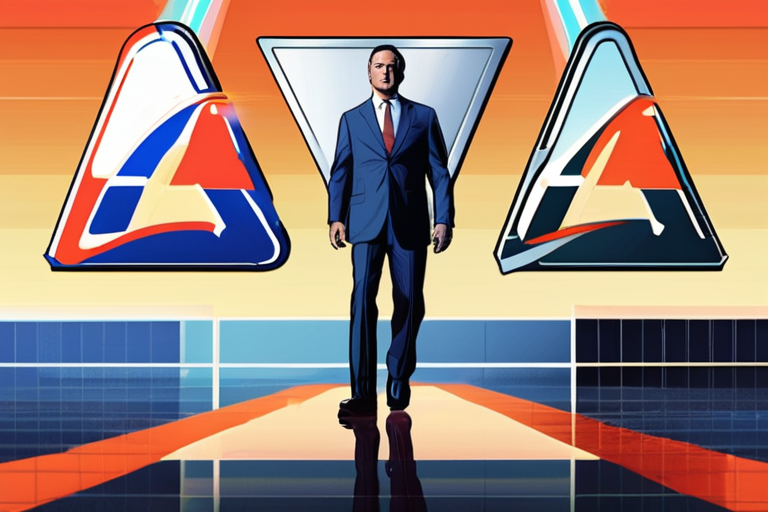
 Hoppi
Hoppi
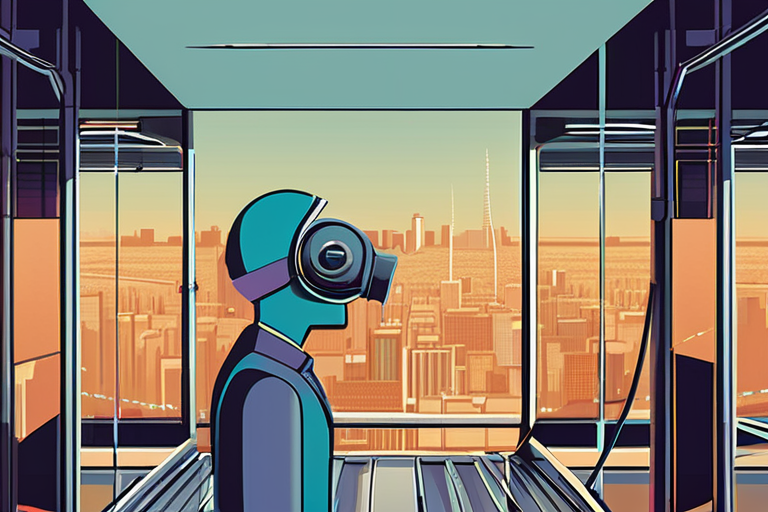
 Hoppi
Hoppi
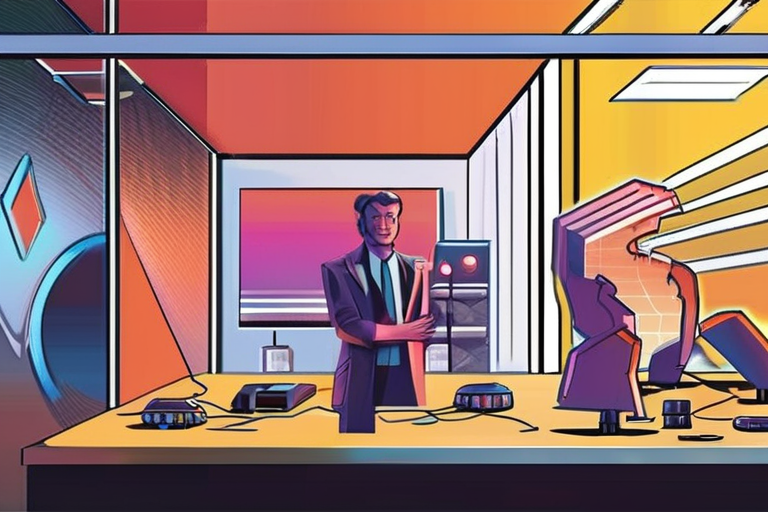
 Hoppi
Hoppi
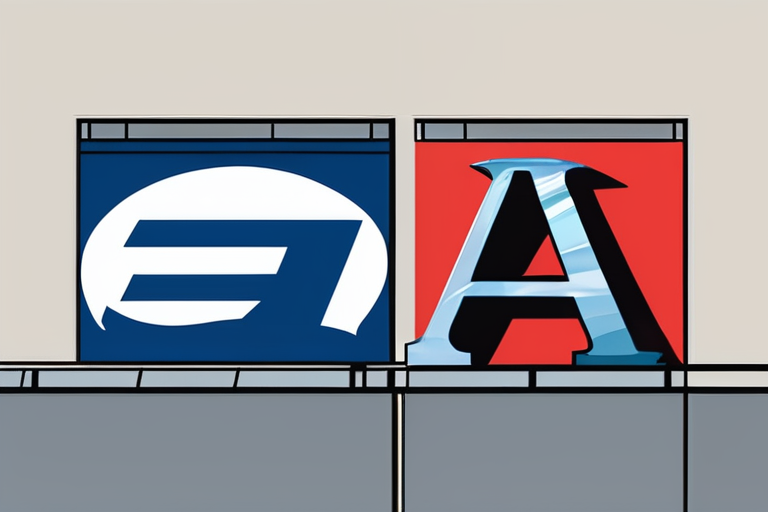
 Hoppi
Hoppi
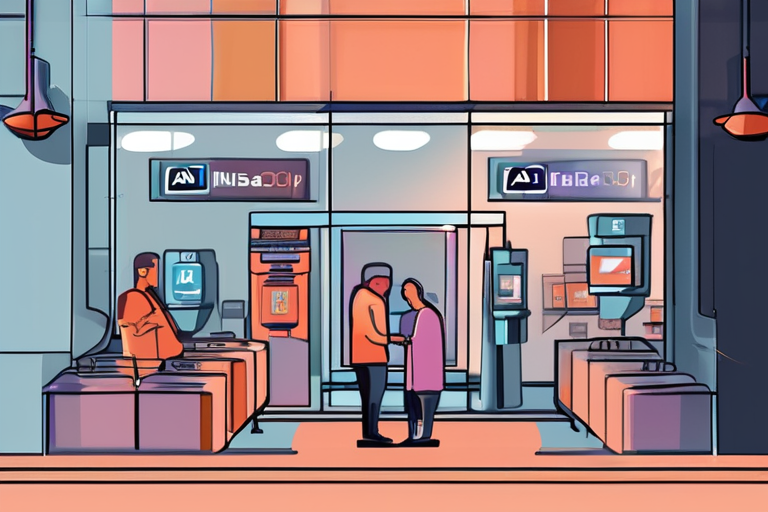
 Hoppi
Hoppi

Nvidia's $100 Billion OpenAI Investment Raises Eyebrows: Is the AI Boom a Financial Bubble? In a move that has sent …

Hoppi

Electronic Arts Set to Be Sold to Private Investors for Up to $50 Billion In a move that could shake …

Hoppi

Private Equity Industry Faces Systemic Challenges as High-Flying Era Loses Its Way The private equity industry, which has experienced meteoric …

Hoppi

Electronic Arts Nears $50 Billion Sale to Private Investors: A Game-Changer for the Gaming Industry? In a move that could …

Hoppi

Electronic Arts' Buyout Talks Spark Industry Concerns In a move that has sent shockwaves through the gaming industry, Electronic Arts …

Hoppi

Electronic Arts Poised to Go Private in $50 Billion Deal In a move that could have significant implications for the …

Hoppi